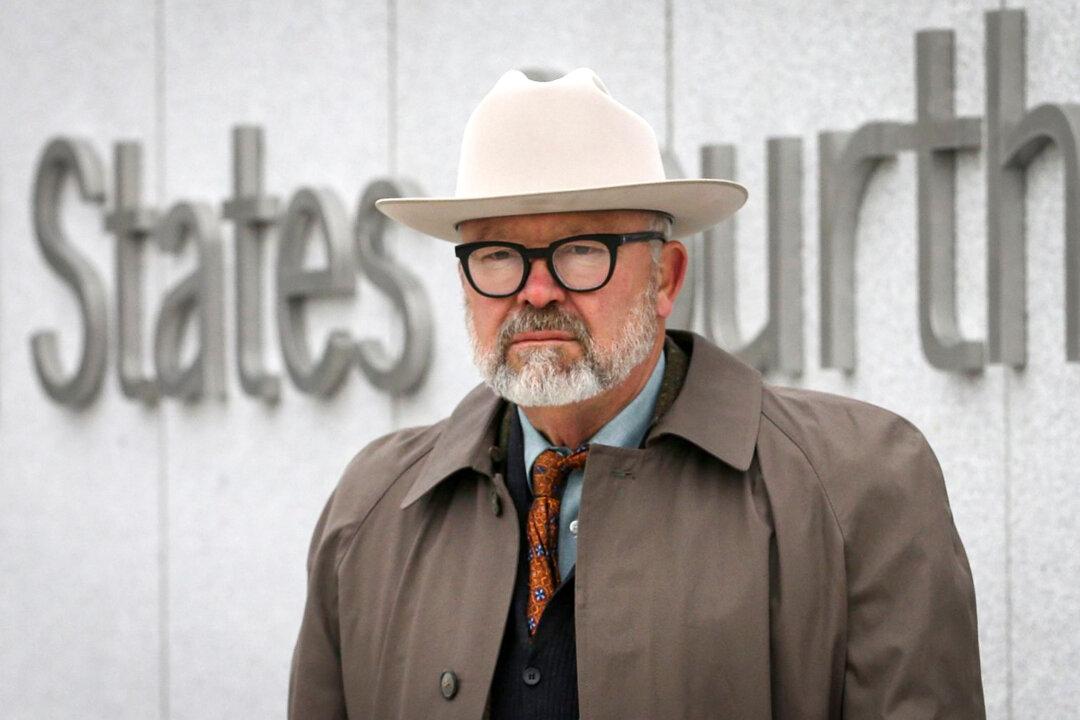An FBI right-wing infiltration operation tangled in allegations of witness tampering, evidence suppression, and connections to the Oklahoma City bombing has been exposed through one man’s unprecedented Freedom of Information Act (FOIA) lawsuit against the U.S. government.
And the case isn’t over yet.




